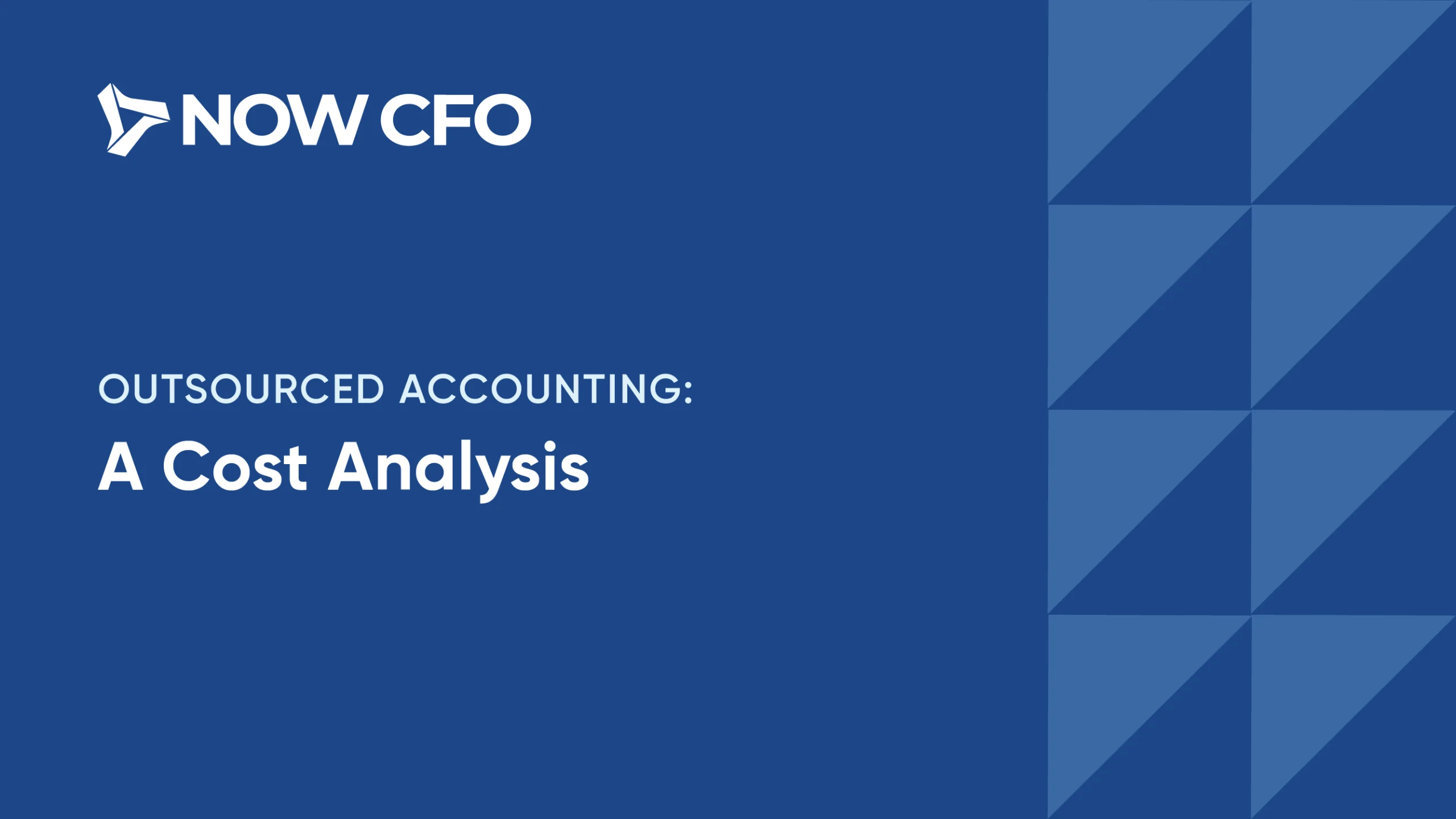
With every new year comes the opportunity to set new objectives for your business, apply lessons learned from the year before, and grow a little bit more. As January approaches, now is the time to begin thinking about what you want your business to achieve in 2023. Consider the pain points that you have felt this past year, as well as the areas of your business that could use improvement. Here, we’ll suggest projects regarding the financial and accounting-side of your company that are most relevant at the beginning of the year.
Projects to Consider
Before setting 2023 goals or diving head-first into a new project, it’s important to first establish performance benchmarks and KPIs that allow you to evaluate whether or not your objective is being achieved. Similarly, these benchmarks can help you compare the business’ performance against prior years. Though specific metrics will vary based on business size and industry, common KPIs to assess include:
- Profit margin
- Operating margin
- Revenue
- Lead conversion rates
- Client acquisition cost
- Client retention rate
Backing up your goals with financial data is key to overall visibility and confident decision making. Once you’ve established your metrics, consider adding the following projects in the new year.
General Financial Catch-Up
The end of Q4 and beginning of Q1 are ideal times to focus on catching up on your financials, as this will allow your business to start the new year on a strong foot. This is especially relevant if your business has experienced end-of-year turnover. Even just with increased PTO, it becomes easy to fall behind on basic reporting and account reconciliation. All other financial reporting depends on accurate financial data, so setting aside time to become caught up should be a priority.
Year-End Close
Year-end closing is the process of reviewing and adjusting all accounts to guarantee that they accurately reflect all of your business’ fiscal activity for the year. It comprises the final step in the accounting cycle before preparing financial statements, and focuses on reconciliation.
Year-end close is an excellent opportunity to evaluate the strong and weak points of your business. With that data in-hand, you can then plan adjustments for the following year—what costs need to be reduced? What departments are most essential to the business? Was overall revenue and profit margin where you expected them to be?
This is also a chance to look at how close your business came to meeting its budget and forecasts for the year, as well as to check for and safeguard against any fraud or discrepancies.
Budgeting and Forecasting
Once year-end close is complete, a budget for the new year can be created based on that financial data. Your budget for 2023 may look different given the economic ups and downs that the past year has brought. The best budgets are always simple and flexible—if the circumstances change, your budget can flex to provide a clear financial picture for your business. Though your budget will be unique to your business, it should generally contain:
- Estimated revenue
- Variable costs
- Fixed costs
- Cash flow
- Profit
From there, the budget can be used to create a realistic rolling cash flow forecast. The main goal of a cash flow forecast is to assist with managing liquidity within your business and ensure that you have enough cash to meet your obligations.
Process and Procedure Analysis
The beginning of the year is an ideal time to review your business’ overall processes and procedures. Take a look at which practices are effective and what isn’t working well, then make changes accordingly. This is particularly relevant in post-pandemic years where most businesses were required to make some sort of procedural change.
This review allows you to identify areas for cost-cutting or pinpoint the best parts of your business that you should expand upon.
Moving from Cash-Based to Accrual Accounting
If you’re a small business owner, it’s likely that you currently operate on a cash-basis. This method recognizes revenues when cash is received and expenses when they’re paid, and does not recognize accounts receivable or payable. For many businesses, this works just fine! However, if your business has been experiencing growth, has a significant amount of inventory to manage, wants to apply for a loan or line of credit, or just generally wants more visibility into their cash, it’s likely time to move to an accrual basis for accounting.
Accrual accounting records revenues and expenses when they are earned, regardless of when the money is actually received or paid. Though more complex than cash-basis, accrual accounting paints a more realistic picture of income and expenses during a given period of time. Making the switch entails establishing new accounting procedures and policies that are in line with GAAP.
Final Suggestions
Rarely will you find a business owner that enjoys working on the accounting side of the business; it’s likelier that your priorities lie with working on the business and making big-picture improvements. For additional help in setting up your business for financial success in 2023, or to execute additional projects that your current accounting team doesn’t have the bandwidth for, consider bringing in an outsourced accounting service to get the ball rolling. This can not only help you save on overall costs, as the accountant can work on an as-needed, fractional basis, but can also aid in initiating projects that will help you reach your 2023 goals. A good outsourced accounting consultant can help create your business’ overall strategy for the new year and establish performance metrics, while your accounting team can maintain day-to-day operations.














